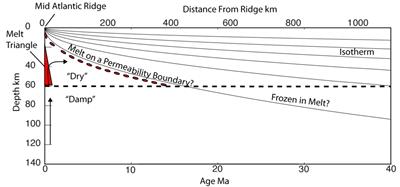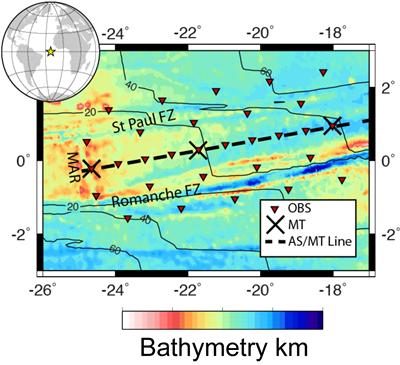Research project: Passive Imaging of the Lithosphere-Asthenosphere Boundary (PI-LAB)
Plate tectonics has been a fundamental tenet of Earth Science for nearly 50 years, but questions remain, such as where is the base of the plate and what makes a plate, “plate-like?”

